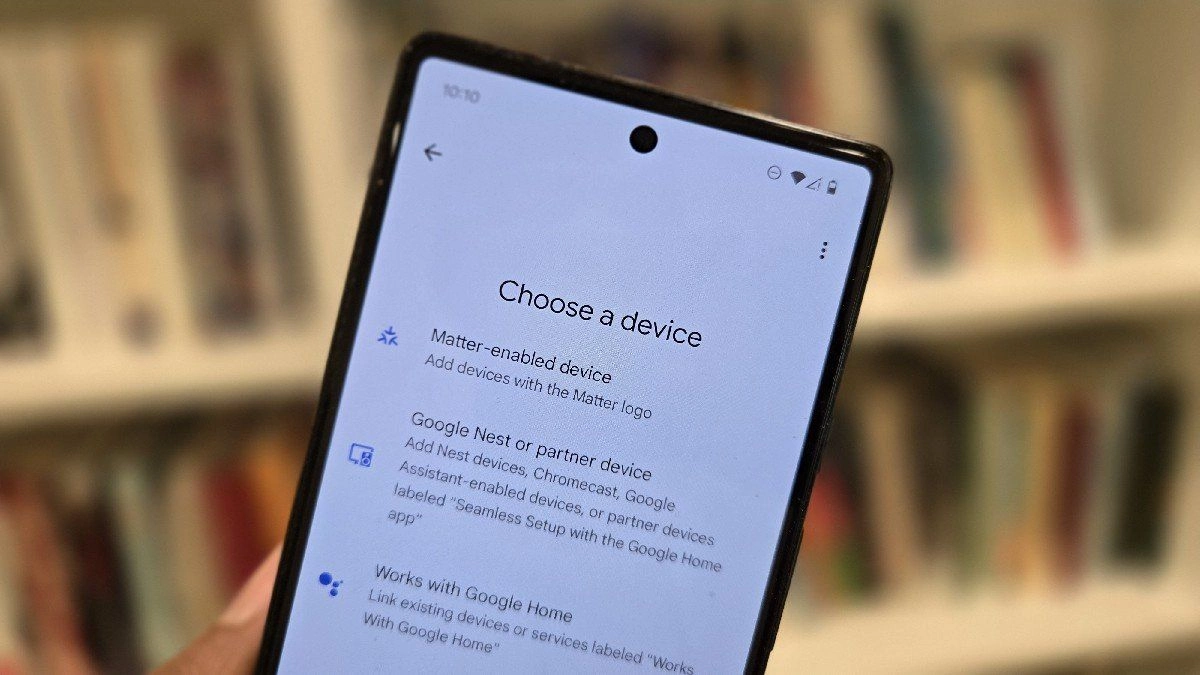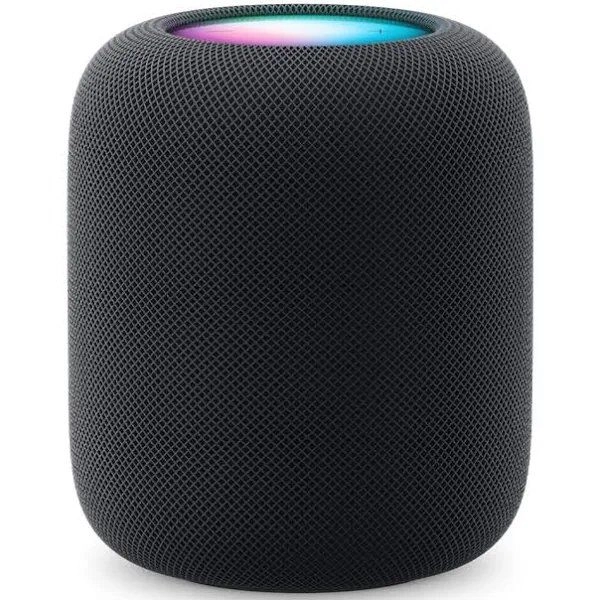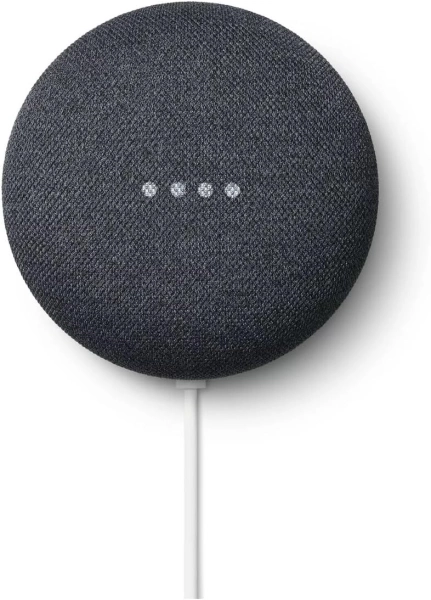Google Home and Apple Home are two of the dominant platforms capable of managing the smart devices in your home. As the names suggest, one is predominantly associated with Apple devices and the other is more associated with devices running Google software, such as Android phones and Nest smart speakers. But that doesn't tell the whole story. When you go deeper, in what ways to these platforms differ, and does that mean one is the clear better option for you?
Matter support
Naturally, we start with the question of Matter compatibility. Both Apple Home and Google Home are compatible with Matter devices. You can purchase a product with a Matter badge, bring that product home, and add it to your smart home ecosystem by scanning a QR code with your phone.
For example, here's how you add a Matter device to Apple Home. The steps to add a device to Google Home are very similar.
Yet that doesn't mean you can add any Matter device that you see in-stores. There are different versions of Matter, with newer versions adding support for an ever-growing selection of device categories. Unfortunately, both Google and Apple have dragged their feet in adopting newer versions. There are device categories, like Matter-compatible kitchen appliances, that work with Samsung SmartThings and Home Assistant but neither of Apple or Google's platforms.
Device compatibility
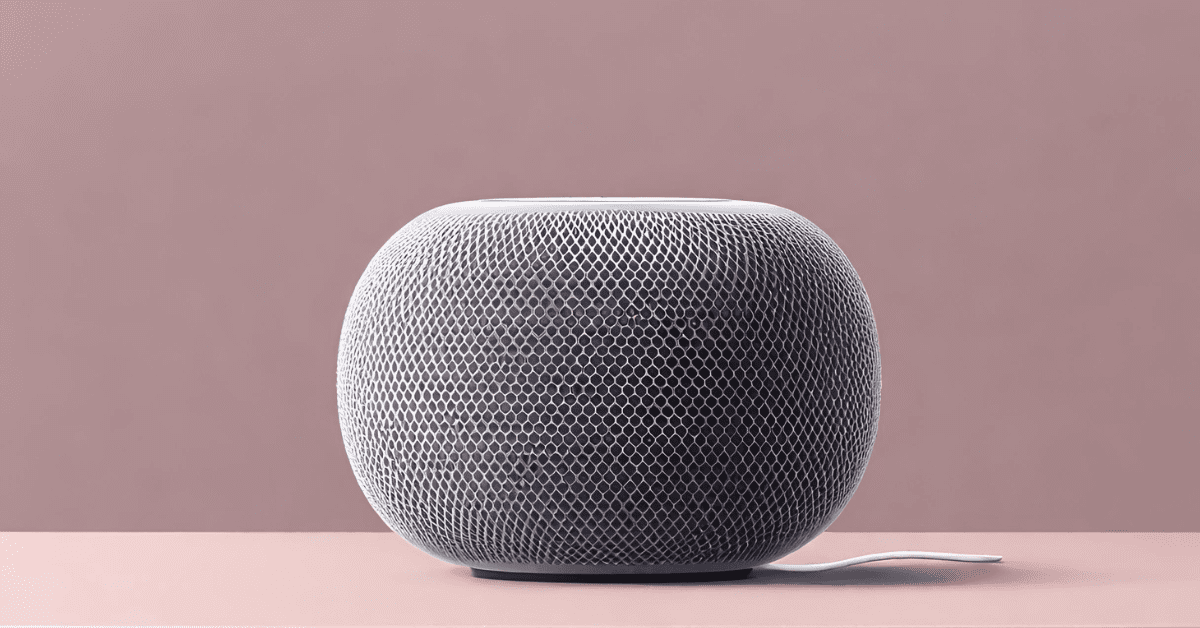
Next comes the question of what devices you can use to control these two ecosystems. Apple Home, like most other Apple services, requires the use of Apple products. You need an iPhone, iPad, Apple Watch, or the Apple HomePod to control your smart home. Ultimately, the iPhone or iPad are the center of your setup, since they are needed to add and organize devices.
Apple HomePod (2nd Gen)
Best Price
Google Home comes preinstalled on most Android devices, be that Google Pixel or Samsung Galaxy phones and tablets alike. It's baked into various Google or Nest-branded devices, such as the Google TV Streamer and the Nest Mini. But here's the thing—it's also available on the Apple App Store.
Nest Mini (Gen 2)
This cross-compatibility means you can set up Google Home from an Android phone and continue using it if you later switch to an iPhone. But to use Apple Home, you must stick with the iPhone or iPad, putting you in the position of having to switch your entire smart home platform if you decide to change phones. This is a clear win for Google.
Internet dependence
One downside of many smart home platforms is that they rely on an internet connection. Google Home is one of them. You are unable to check the status of your devices and send commands to them if you are not online.
Apple Home has the upper hand here. With Apple Home, you do not need an internet connection to control your devices, nor do you need the internet when adding new devices to your setup. You can add and control smart home products entirely offline, using only your local network.
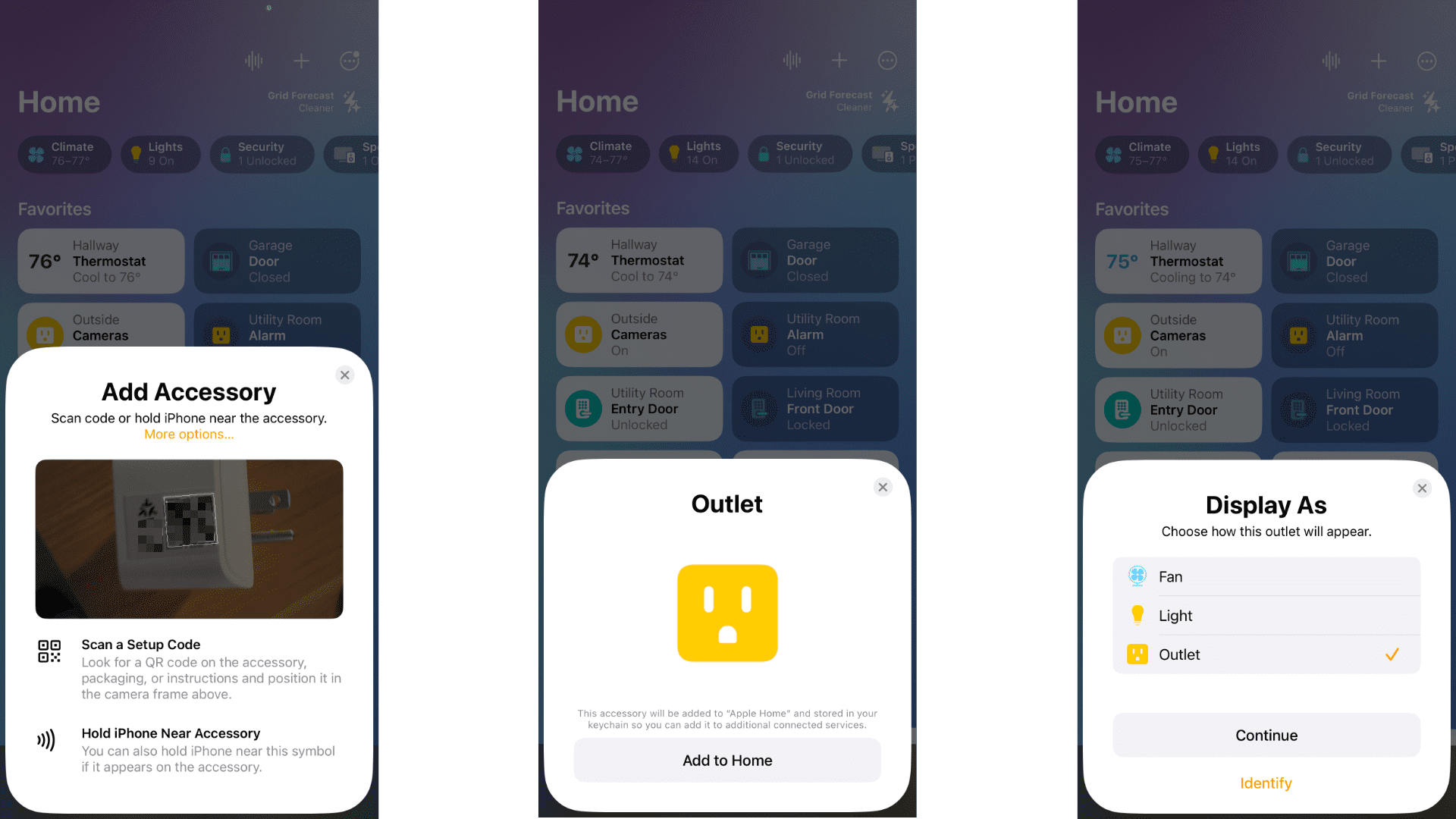
Gemini, Google Assistant, and Siri
You don't need to interact with a voice assistant to operate a smart home, but it's pretty convenient on phones and smartwatches, and it's a requirement if you're issuing commands through a smart speaker.
Google Home integrates with Google Assistant and Gemini, Google's AI companion that competes with the likes of ChatGPT. While Google plans to gradually transition everything over to Gemini, the Google Home app currently still directs you toward Google Assistant. What this means in practice is that you have two available ways to talk to your Google Home, with the available commands and features varying between the two. It can get confusing.
![]()
Siri is more of a traditional voice assistant. It can manage devices, but don't expect it to be nearly as conversational or, well, smart. On the flip side, Siri doesn't require as many data centers or gobble up as much power. At least not yet.
While it's tempting to call this a win for Google, that depends on what you're looking for. I personally just want a voice assistant that can turn my lights on and off or adjust their dimness. If it can do that processing locally, rather than on someone else's machines, even better. But many people view their voice assistant as broken if it isn't able to consistently search the web for answers on their behalf.
The winner could be neither one
Do you have Apple devices, and do you plan to stick with them? If not, Google Home is the better choice. Even if you prefer Apple Home's increased privacy, that doesn't matter if you don't have an iPhone or iPad to set it up with.
Yet, ultimately, you may be better served by checking out our review of Samsung SmartThings or trying out Home Assistant instead. Both support the full range of Matter devices, and you can control your home regardless of what phone you own.
